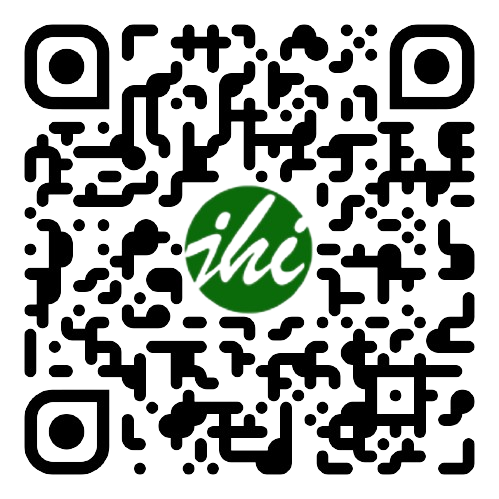Fragmen Kajian Hukum Islam di Perguruan Tinggi Keagamaan Islam Indonesia
DOI:
https://doi.org/10.28918/jhi.v16i1.1278Abstract
This current study aims to discuss the concept of Islamic law studies in Indonesia’s Islamic higher education institutions by analyzing the lecturers’ research findings in a wide range of 2010 to 2015. A qualitative method was employed in this study by scrutinizing the lecturers’ scholarly piece on Islamic law studies as the primary data. Dealing with the data, this research carried out an intellectual history approach. The collected data were analyzed by using content analysis and based on the archeology of knowledge theory. The paper has revealed that the development of the Islamic law studies would be highly integrated with social changes. This result highlights that the Islamic law studies have experienced a dynamic process that is indicated by new perspectives even though they emerge from old approaches. The transformation process of the Islamic law studies is signaled by various social changes. It is demonstrated by the use of social sciences concerning the pattern and characteristics of its construction. Those changes can be noticed in the fragment of the Islamic law studies done by the lecturers in the Islamic universities that have rapidly developed into perfoming the pattern of integrative studies in a variety of approaches, methods, and construct analyses.
Downloads
Published
How to Cite
Issue
Section
License

This work is licensed under a Creative Commons Attribution-ShareAlike 4.0 International License.
Jurnal Hukum Islam use a variety of waivers and licenses that are specifically designed for and appropriate for the treatment of data:
- Open Data Commons Attribution License, http://www.opendatacommons.org/licenses/by/1.0/(default)
- Creative Commons CC-Zero Waiver, http://creativecommons.org/publicdomain/zero/1.0/
- Open Data Commons Public Domain Dedication and License, http://www.opendatacommons.org/licenses/pddl/1-0/
Other data publishing licenses may be allowed as exceptions (subject to approval by the editor on a case-by-case basis) and should be justified with a written statement from the author, which will be published with the article.













.png)














